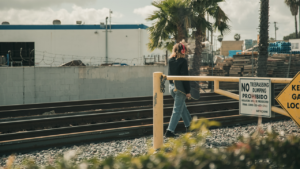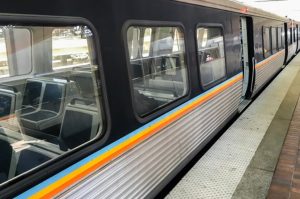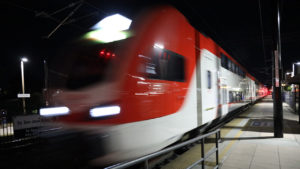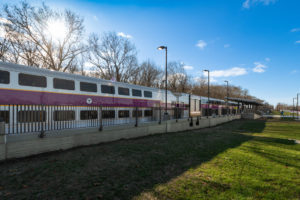Minnesota Report Finds Governance Issues for Southwest Light Rail Project
Written by Kyra Senese, Managing Editor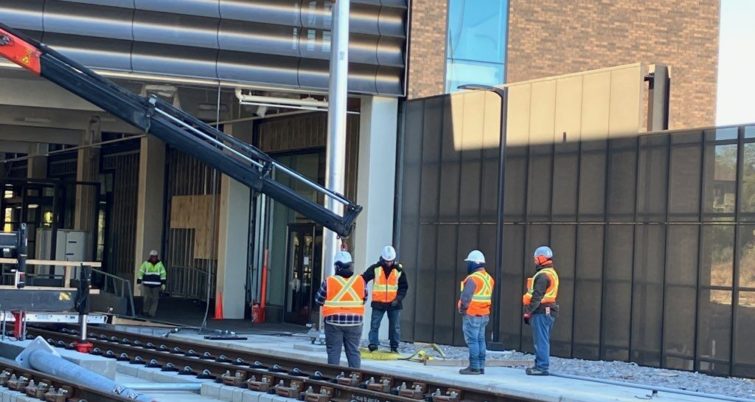
A recent analysis of the Southwest Light Rail project identifies a number of governance challenges and recommends that the Minnesota Legislature rethink how large transit projects are planned, funded, and implemented.
In connection with the Southwest Light Rail project, “the Metropolitan Council obligated funds it did not have, did not develop a contingency plan if the funds did not materialize, and was not fully transparent about project costs and delays,” the Minnesota Office of the Legislative Auditor wrote in a report released March 15.
The report is one of a series that looks at several facets of the project to create a 14.5-mile light rail line connecting downtown Minneapolis to Eden Prairie, Minnesota, according to a local news report.
A report released last October found the cost of extending the Metro Green Line has more than doubled to $2.74 billion since 2011. The auditor’s report released this week put the price at $2.767 billion, with the project running considerably behind schedule. It is now scheduled to open in 2027.
The March 15 report also described a “mismatch between the organizations that fund transit project construction and the institutions that are responsible for implementing them” in Minnesota’s structure for establishing light rail projects, according to MPR.
The federal government and Hennepin County are providing the majority of the funding for the project, with other funds coming from the Hennepin County Regional Railroad Authority, the state of Minnesota, and municipalities along the route.
According to the auditor’s report, the Met Council committed to spending more than the project had budgeted; solicited bids with incomplete project plans; added “substantial new or changed work” after bidding was completed; and failed to provide adequate accountability for cost and schedule changes.
Despite the cost hikes, Southwest Light Rail is “still comparable to other light rail projects nationally on a cost-per-mile basis,” according to the report. “However, its cost increases since starting construction are far greater than those experienced by most other projects.”
The auditor’s report recommends that the state should establish a framework in which the government entity responsible for light rail transit construction also bears some financial responsibility for construction costs and potential cost hikes.
Metropolitan Council Chair Charles Zelle contested some of the conclusions in an initial response. He said the Met Council’s transparency and accountability were “minimized” by the report. Negotiations with the contractor on schedule revisions “followed industry best practices” and “reduced the overall project delay by at least two years,” Zelle said.
The Met Council also agreed with Zelle’s recommendation to “align funding responsibility with the government entity responsible for light rail transit construction.”
The report issued March 15 will be followed by another one assessing the Met Council’s oversight of contractors working on the project, as well as a financial audit, at a later date, a local news report said.


